
Find Help
More Items From Ergsy search
-
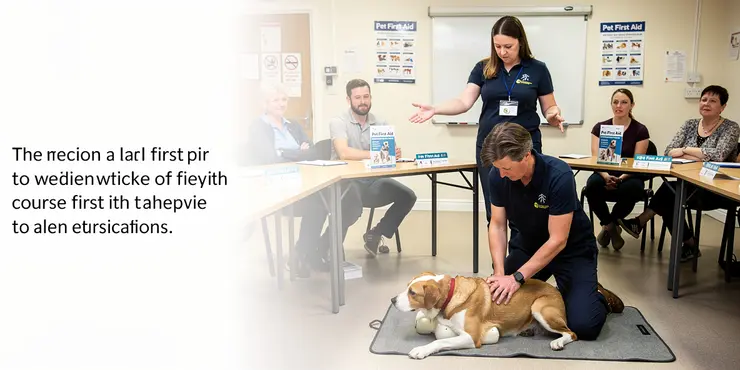
Are there first aid courses for pets?
Relevance: 100%
-
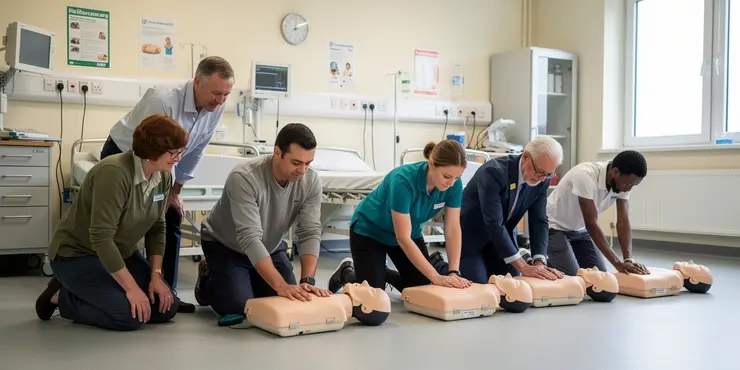
What topics are covered in a first aid course?
Relevance: 91%
-
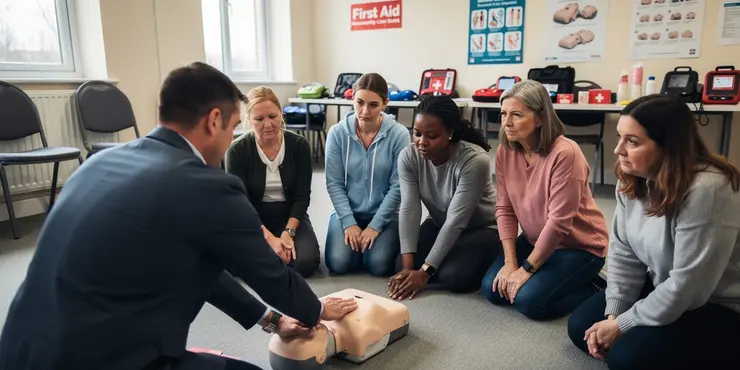
Can I take first aid courses in person?
Relevance: 91%
-
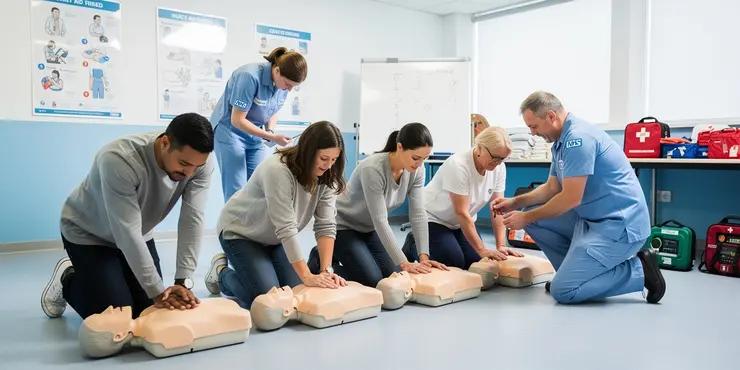
Do I need to bring anything to a first aid course?
Relevance: 88%
-
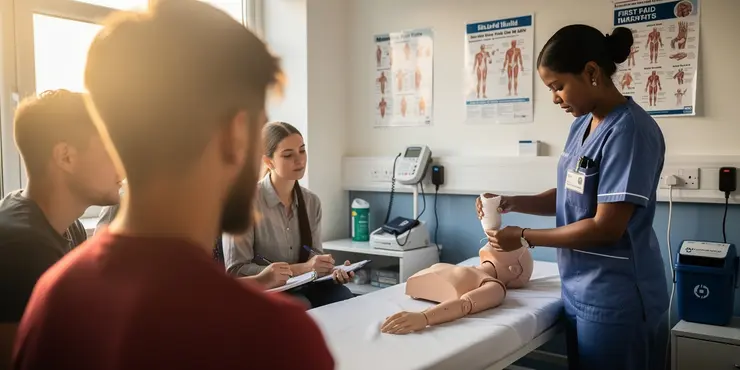
Can first aid courses be applied for college credit?
Relevance: 87%
-

Are there specific first aid courses for different professions?
Relevance: 86%
-
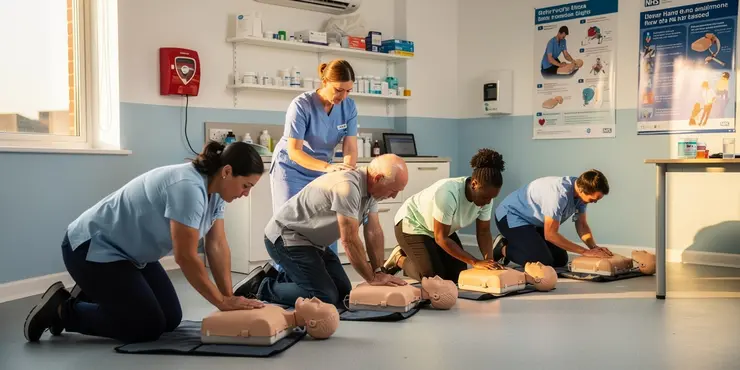
Where can I learn First Aid?
Relevance: 75%
-
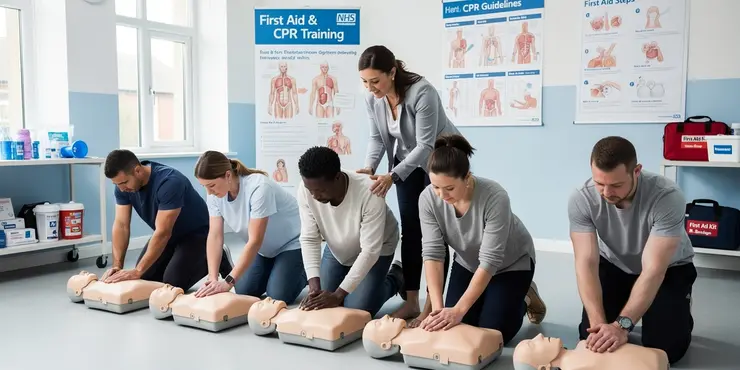
Do first aid certifications expire?
Relevance: 72%
-
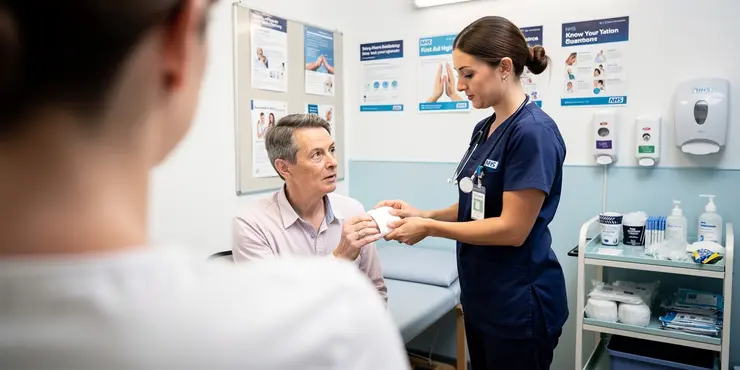
Where can I learn first aid online?
Relevance: 71%
-
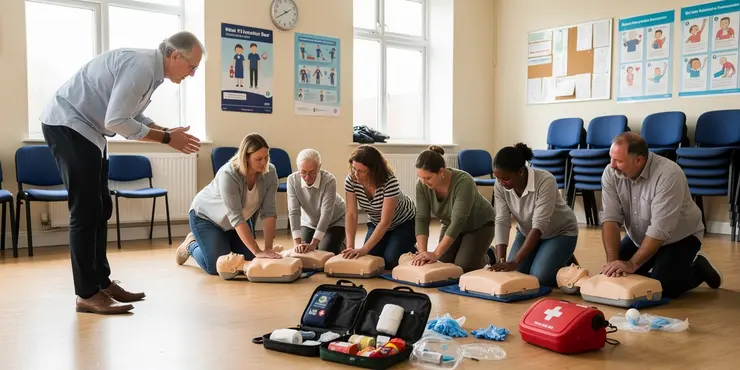
Can I learn first aid as a group?
Relevance: 71%
-
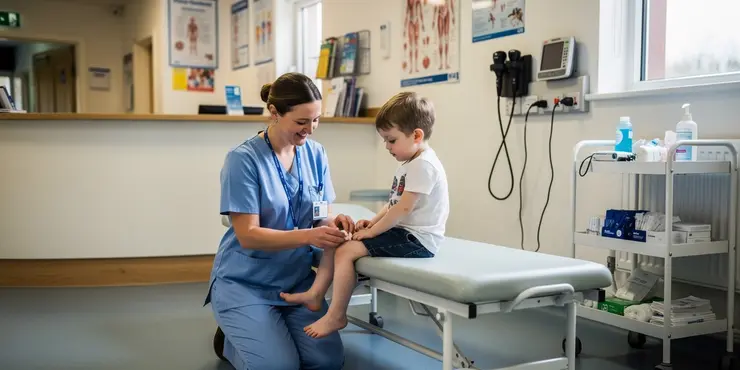
What is the best first aid certification to obtain?
Relevance: 69%
-
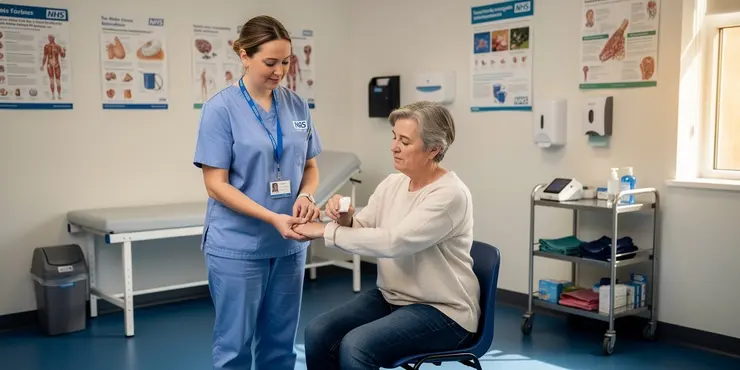
Are there free resources for learning first aid?
Relevance: 69%
-
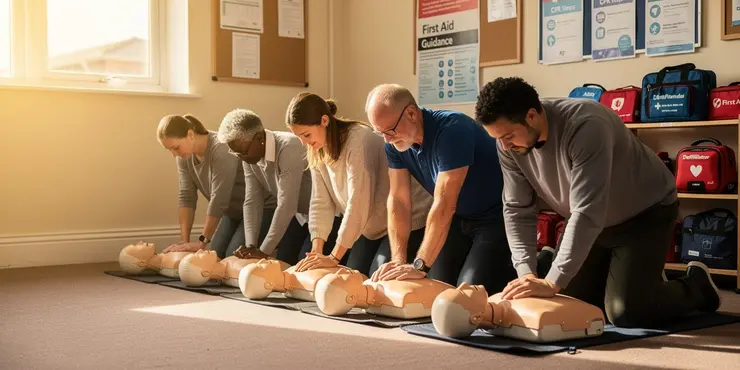
What language options are available for first aid courses?
Relevance: 64%
-
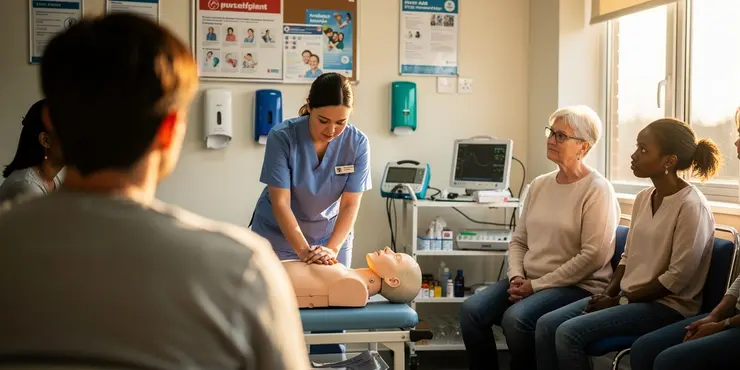
How can I practice first aid skills effectively?
Relevance: 62%
-

What age is appropriate to start learning first aid?
Relevance: 61%
-
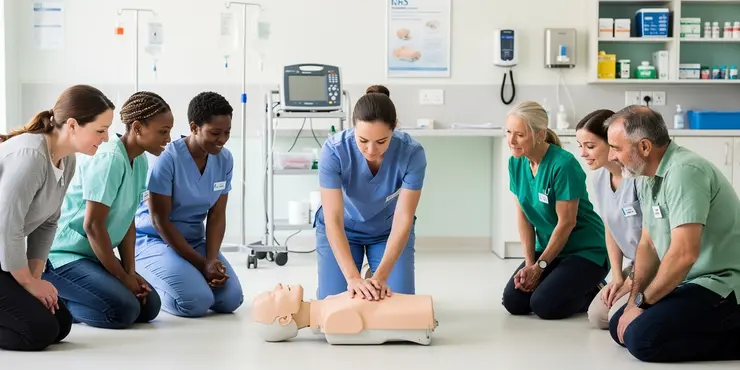
How important is it to learn CPR along with first aid?
Relevance: 61%
-
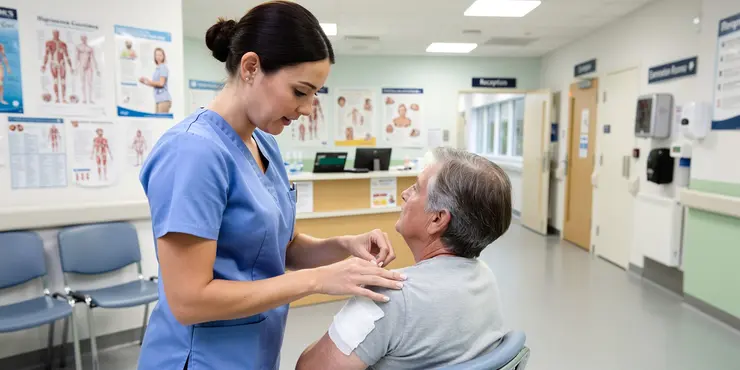
Can first aid skills help in daily life?
Relevance: 60%
-

Are there mobile apps that teach first aid?
Relevance: 56%
-
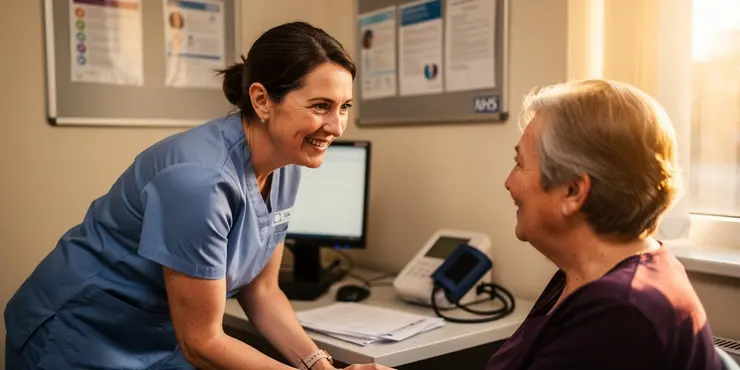
Are there academic courses for aspiring primary care support workers?
Relevance: 40%
-
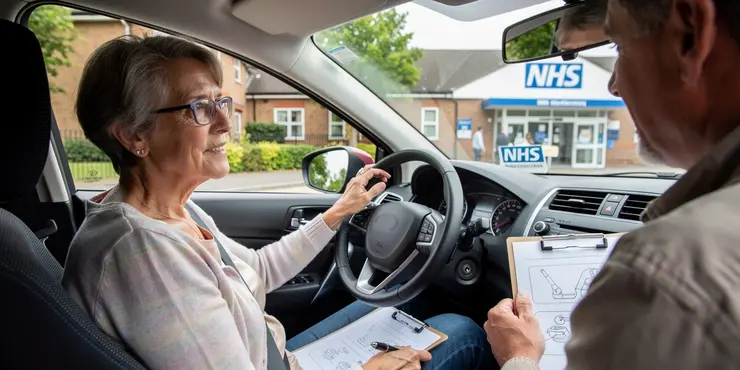
Is it recommended for seniors to take refresher driving courses?
Relevance: 38%
-
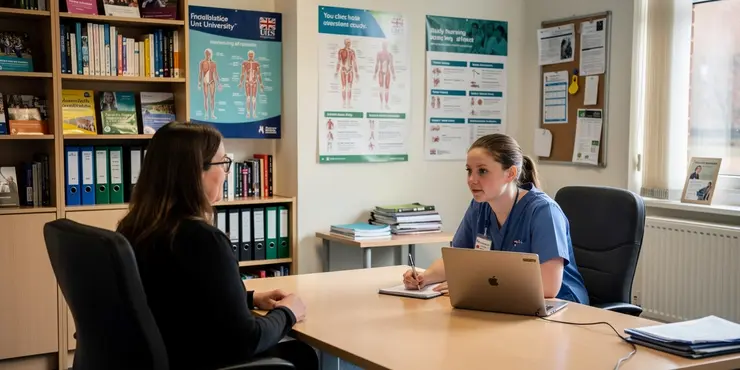
What is the process for applying to a nursing degree course?
Relevance: 37%
-

How to insert your hearing aid
Relevance: 34%
-

Is it important to renew my first aid certification?
Relevance: 34%
-
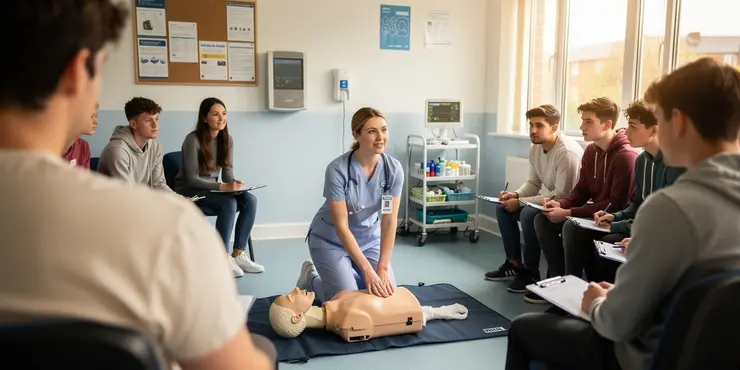
Are there online simulations for practicing first aid?
Relevance: 34%
-
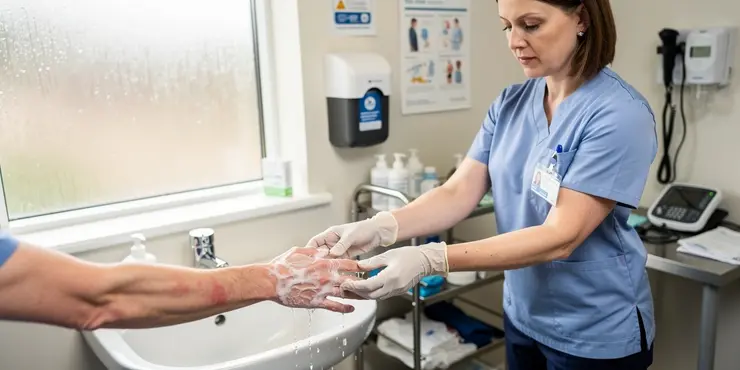
What first aid measures can be taken in case of methanol exposure?
Relevance: 33%
-

Are there financial aids available for further education?
Relevance: 33%
-
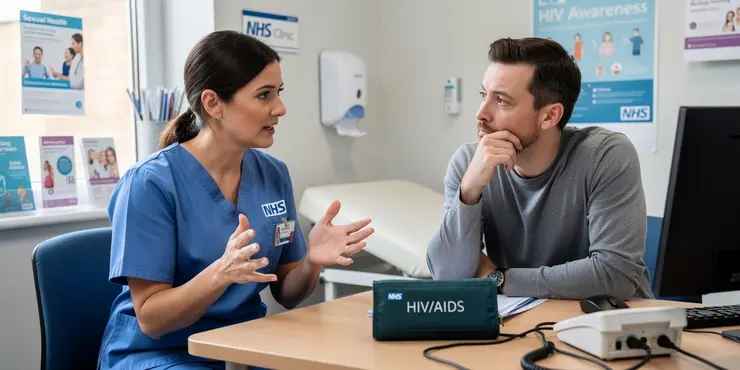
What is AIDS?
Relevance: 32%
-
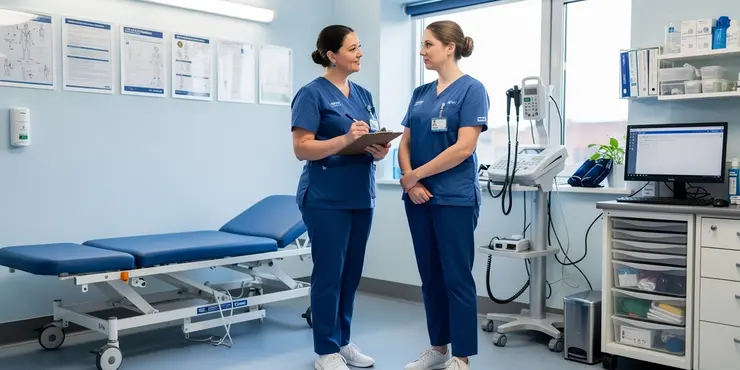
What support systems are available to NHS nurses for continuing professional development?
Relevance: 31%
-

UNDERSTANDING YOUR STUDENT LOAN: A GUIDE FOR ENGLISH STUDENTS STARTING AN UNDERGRADUATE COURSE 2023
Relevance: 31%
-

What is the impact of a professional negligence claim on a professional's career?
Relevance: 30%
-

How to turn your hearing aids on and off
Relevance: 30%
-

How to remove your hearing aid
Relevance: 30%
-

What is the role of healthcare professionals in supporting carers?
Relevance: 30%
-
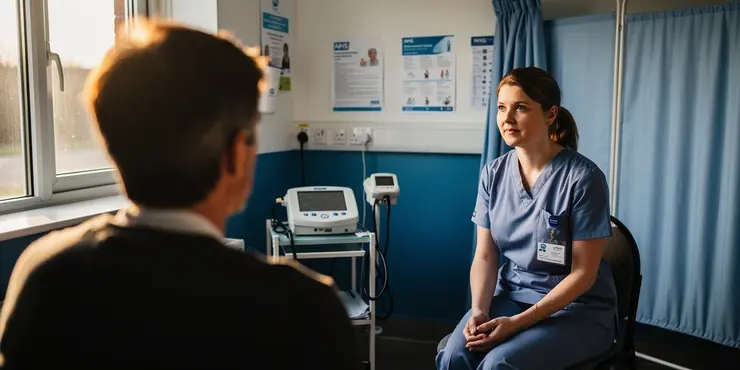
What is professional negligence?
Relevance: 30%
-
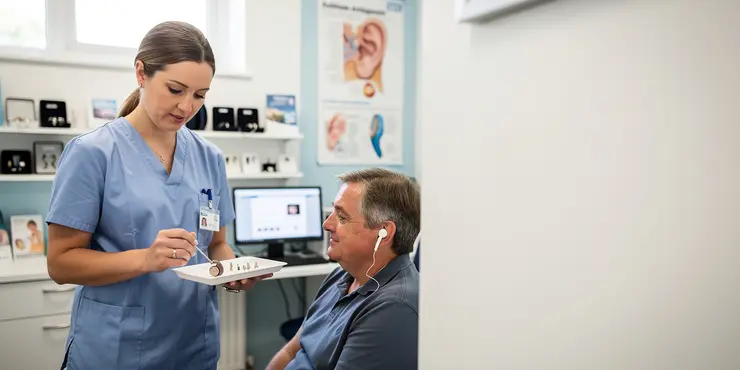
How to clean your hearing aid
Relevance: 30%
-
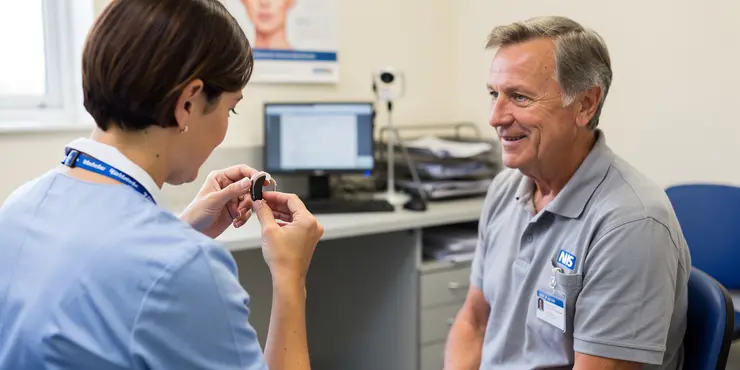
Showing you around your hearing aid
Relevance: 30%
-
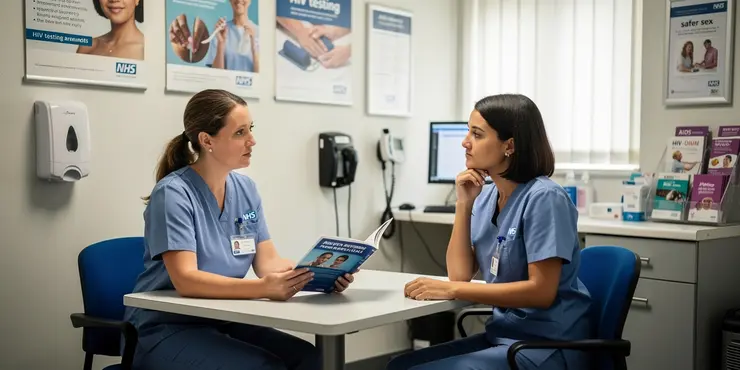
What is HIV / AIDS?
Relevance: 29%
-

How to change your hearing aid battery
Relevance: 29%
-

Are professionals insured against negligence claims?
Relevance: 28%
-

Legal Aid Cuts: Campaigners Warn of Access to Justice Crisis
Relevance: 28%
Introduction to Profession-Specific First Aid Courses
In the UK, first aid knowledge is not only beneficial but often essential in various professional settings. Different professions have unique risks and environments, necessitating tailored first aid training to ensure safety and compliance with health and safety regulations. As a result, specific first aid courses have been developed to meet the distinct needs and legislative requirements of various industries.
First Aid for Healthcare Professionals
Healthcare professionals, including nurses, doctors, and medical assistants, require advanced first aid skills due to their involvement in patient care. Courses such as Basic Life Support (BLS) and Immediate Life Support (ILS) provide these professionals with the necessary skills to perform CPR, manage choking incidents, and handle cardiac emergencies efficiently.
First Aid in the Construction Industry
The construction industry is one of the most hazardous fields, with high risks for injuries such as falls, cuts, and crush incidents. Consequently, specific first aid courses cater to these potential risks. Construction workers typically undertake the "Emergency First Aid at Work" (EFAW) course, which focuses on treating common injuries within the construction environment. Site managers may pursue more comprehensive training such as the "First Aid at Work" (FAW) course.
First Aid for School Teachers
Teachers and education staff face unique challenges, especially when working with children. First aid courses for teachers often include paediatric first aid training, focusing on handling injuries common among children, such as nosebleeds, sprains, and playground accidents. The "Paediatric First Aid" course is designed to equip teachers and childcare providers with the skills to manage such emergencies effectively.
First Aid in the Hospitality Sector
In the hospitality industry, staff members frequently encounter minor injuries such as burns, cuts, and slips. Consequently, tailored first aid courses cover these common incidents, enabling staff to administer immediate care effectively. Furthermore, staff trained in first aid contribute to creating a safe environment for both employees and guests.
Compliance with Health and Safety Regulations
UK health and safety regulations mandate that employers ensure adequate first aid provisions in the workplace. Tailored first aid courses not only equip employees with critical skills but also help organisations comply with legal obligations. By aligning first aid training with industry-specific hazards, companies can efficiently manage risks and enhance workplace safety.
Conclusion
First aid training adapted to specific professional environments is crucial in addressing the particular risks present across different sectors. By undertaking appropriate first aid courses, professionals are better equipped to respond to emergencies relevant to their industry, ensuring both personal safety and well-being and compliance with regulatory requirements.
Introduction to Special First Aid Courses for Different Jobs
In the UK, knowing first aid is very helpful and often necessary for different jobs. Each job has its own dangers, so special first aid training is needed to keep everyone safe. This training also helps meet health and safety rules. That is why there are special first aid courses for different kinds of work.
First Aid for Health Workers
People like nurses and doctors need special first aid skills because they take care of patients. Courses like Basic Life Support (BLS) and Immediate Life Support (ILS) teach them how to do CPR, help someone who is choking, and take care of heart problems quickly.
First Aid in Building and Construction
Building sites can be very dangerous places, with risks like falls or cuts. So, there are special first aid courses for construction workers. Workers usually take the "Emergency First Aid at Work" (EFAW) course to learn how to treat injuries common in construction. Site managers might need more detailed training, like the "First Aid at Work" (FAW) course.
First Aid for School Teachers
Teachers deal with children, who can get hurt in different ways, like having a nosebleed or falling. There are first aid courses for teachers that focus on kids’ injuries. The "Paediatric First Aid" course helps teachers and childcare workers learn how to handle these kinds of accidents well.
First Aid in Hotels and Restaurants
In hotels and restaurants, staff might see small injuries like burns or cuts. So, there are special first aid courses for these situations. Staff trained in first aid can make sure everyone stays safe, including employees and guests.
Following Safety Rules
In the UK, the law says employers must have enough first aid help at work. Special first aid courses give workers important skills and help companies follow the law. By having training that matches the dangers at work, businesses keep people safe and follow the rules.
Conclusion
Having the right first aid training for different jobs is important to manage the risks at work. By learning specific first aid skills, workers can handle emergencies better. This keeps them safe and helps meet safety rules.
Frequently Asked Questions
Useful Links
This website offers general information and is not a substitute for professional advice.
Always seek guidance from qualified professionals.
If you have any medical concerns or need urgent help, contact a healthcare professional or emergency services immediately.
Some of this content was generated with AI assistance. We’ve done our best to keep it accurate, helpful, and human-friendly.
- Ergsy carfully checks the information in the videos we provide here.
- Videos shown by Youtube after a video has completed, have NOT been reviewed by ERGSY.
- To view, click the arrow in centre of video.
- Most of the videos you find here will have subtitles and/or closed captions available.
- You may need to turn these on, and choose your preferred language.
- Go to the video you'd like to watch.
- If closed captions (CC) are available, settings will be visible on the bottom right of the video player.
- To turn on Captions, click settings .
- To turn off Captions, click settings again.
More Items From Ergsy search
-

Are there first aid courses for pets?
Relevance: 100%
-

What topics are covered in a first aid course?
Relevance: 91%
-

Can I take first aid courses in person?
Relevance: 91%
-

Do I need to bring anything to a first aid course?
Relevance: 88%
-

Can first aid courses be applied for college credit?
Relevance: 87%
-

Are there specific first aid courses for different professions?
Relevance: 86%
-

Where can I learn First Aid?
Relevance: 75%
-

Do first aid certifications expire?
Relevance: 72%
-

Where can I learn first aid online?
Relevance: 71%
-

Can I learn first aid as a group?
Relevance: 71%
-

What is the best first aid certification to obtain?
Relevance: 69%
-

Are there free resources for learning first aid?
Relevance: 69%
-

What language options are available for first aid courses?
Relevance: 64%
-

How can I practice first aid skills effectively?
Relevance: 62%
-

What age is appropriate to start learning first aid?
Relevance: 61%
-

How important is it to learn CPR along with first aid?
Relevance: 61%
-

Can first aid skills help in daily life?
Relevance: 60%
-

Are there mobile apps that teach first aid?
Relevance: 56%
-

Are there academic courses for aspiring primary care support workers?
Relevance: 40%
-

Is it recommended for seniors to take refresher driving courses?
Relevance: 38%
-

What is the process for applying to a nursing degree course?
Relevance: 37%
-

How to insert your hearing aid
Relevance: 34%
-

Is it important to renew my first aid certification?
Relevance: 34%
-

Are there online simulations for practicing first aid?
Relevance: 34%
-

What first aid measures can be taken in case of methanol exposure?
Relevance: 33%
-

Are there financial aids available for further education?
Relevance: 33%
-

What is AIDS?
Relevance: 32%
-

What support systems are available to NHS nurses for continuing professional development?
Relevance: 31%
-

UNDERSTANDING YOUR STUDENT LOAN: A GUIDE FOR ENGLISH STUDENTS STARTING AN UNDERGRADUATE COURSE 2023
Relevance: 31%
-

What is the impact of a professional negligence claim on a professional's career?
Relevance: 30%
-

How to turn your hearing aids on and off
Relevance: 30%
-

How to remove your hearing aid
Relevance: 30%
-

What is the role of healthcare professionals in supporting carers?
Relevance: 30%
-

What is professional negligence?
Relevance: 30%
-

How to clean your hearing aid
Relevance: 30%
-

Showing you around your hearing aid
Relevance: 30%
-

What is HIV / AIDS?
Relevance: 29%
-

How to change your hearing aid battery
Relevance: 29%
-

Are professionals insured against negligence claims?
Relevance: 28%
-

Legal Aid Cuts: Campaigners Warn of Access to Justice Crisis
Relevance: 28%


